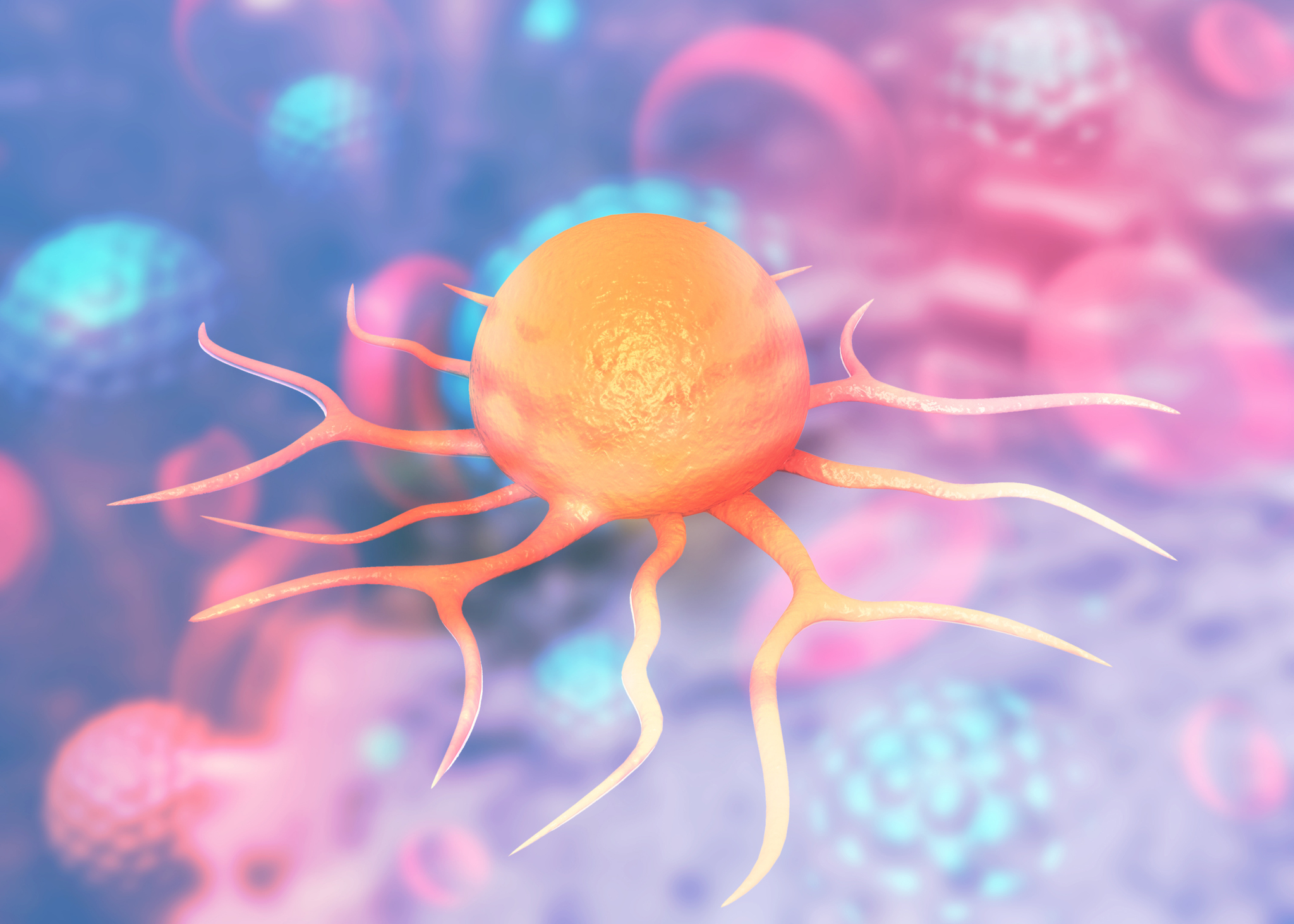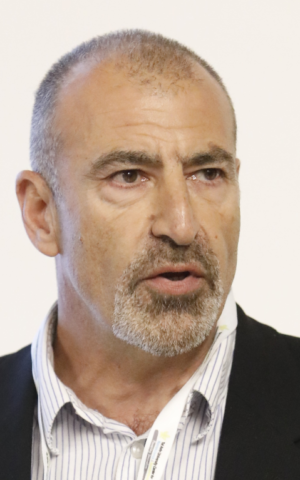Taking two common drugs just before cancer operations may significantly reduce the chance of a secondary tumor, new Israeli research suggests.
Scientists from Tel Aviv University gave 18 colon cancer patients a course of Darlin and Etopan just before and after the surgical removal of their tumor, and gave placebos to another 18 patients.
Propranolol, marketed as Darlin, blocks adrenaline and is normally used to lower blood pressure or reduce anxiety. Etodolac, marketed as Etopan, is used to prevent pain and inflammation.
The groups were randomly allocated, and doctors didn’t know which patients received the real drugs. Now, five years later, the scientists have found out how many patients from each group developed secondary tumors.
Half of the placebo group — nine out of 18 — had a secondary tumor, while only two of the 18 who received the drugs did. The team behind the peer-reviewed study acknowledges that the cohort of patients was small, and is initiating a larger study.
Sign up for the Tech Israel Daily and never miss Israel's top tech stories
“The results indicate that by reducing stress and inflammation five days before surgery and continuing the treatment for one to two weeks afterward, we can reduce the chances of cancer occurring again,” Prof. Shamgar Ben-Eliyahu of Tel Aviv University’s neuroscience school, who led the study, told The Times of Israel.

3D illustration of cancer cells (iStock)
He said that the research is independent of any drug company, and aims specifically at identifying a cheap, non-patented and easily accessible way to reduce the chance of secondary cancer.
“One should bear in mind that the pharmaceutical companies have no financial incentive to support such studies,” Ben-Eliyahu said. “The medicines are not patented; they are safe, cheap, and administered in a short treatment lasting just a few days. The drug companies look for patents on expensive drugs, and prefer that the patient be dependent on the drug for the rest of their life.”

Prof. Shamgar Ben-Eliyahu of Tel Aviv University (courtesy of Tel Aviv University)
The new study, which was followed several experiments with rats and mice. In these, the two drugs showed protective benefits from secondary — or metastatic — cancer. There was also an earlier human study, peer-reviewed and indicating that the drugs strengthen the biomarkers in the body which help prevent secondary tumors.
Ben-Eliyahu explained his hypothesis on how the drugs are effective, saying: “It’s widely accepted that inflammation aggravates cancer, so part of the benefit here is reducing inflammation. Meanwhile, there is growing research suggesting that stress can help the progression of cancer and metastases; hence the benefit of the medication that blocks adrenaline.
“It’s widely accepted that inflammation aggravates cancer, and regarding stress, there is a growing amount of research suggesting that it helps cancer progress and helps secondary tumors,” said Ben-Eliyahu.
He commented: “Although at five years after the operation, the statistical significance is clear, we need to conduct larger clinical studies. Our treatment reduced markers of metastasis in the tumor tissue, and reduced the chances of cancer recurrence. This is very promising research, which can save lives of cancer patients.”
“This is a short, cheap drug treatment with no significant side effects. We deliberately sought the safest and cheapest drugs capable of lowering the body’s stress-inflammatory response to surgery, in order to save lives. It sounds too good to be true, but similar results in breast cancer tissue were obtained in the study we conducted in 2017.
“Due to the small number of subjects in both studies, it is impossible to accurately estimate the magnitude of the beneficial effect, but the effects are statistically significant, meaning that they are not accidental.”


